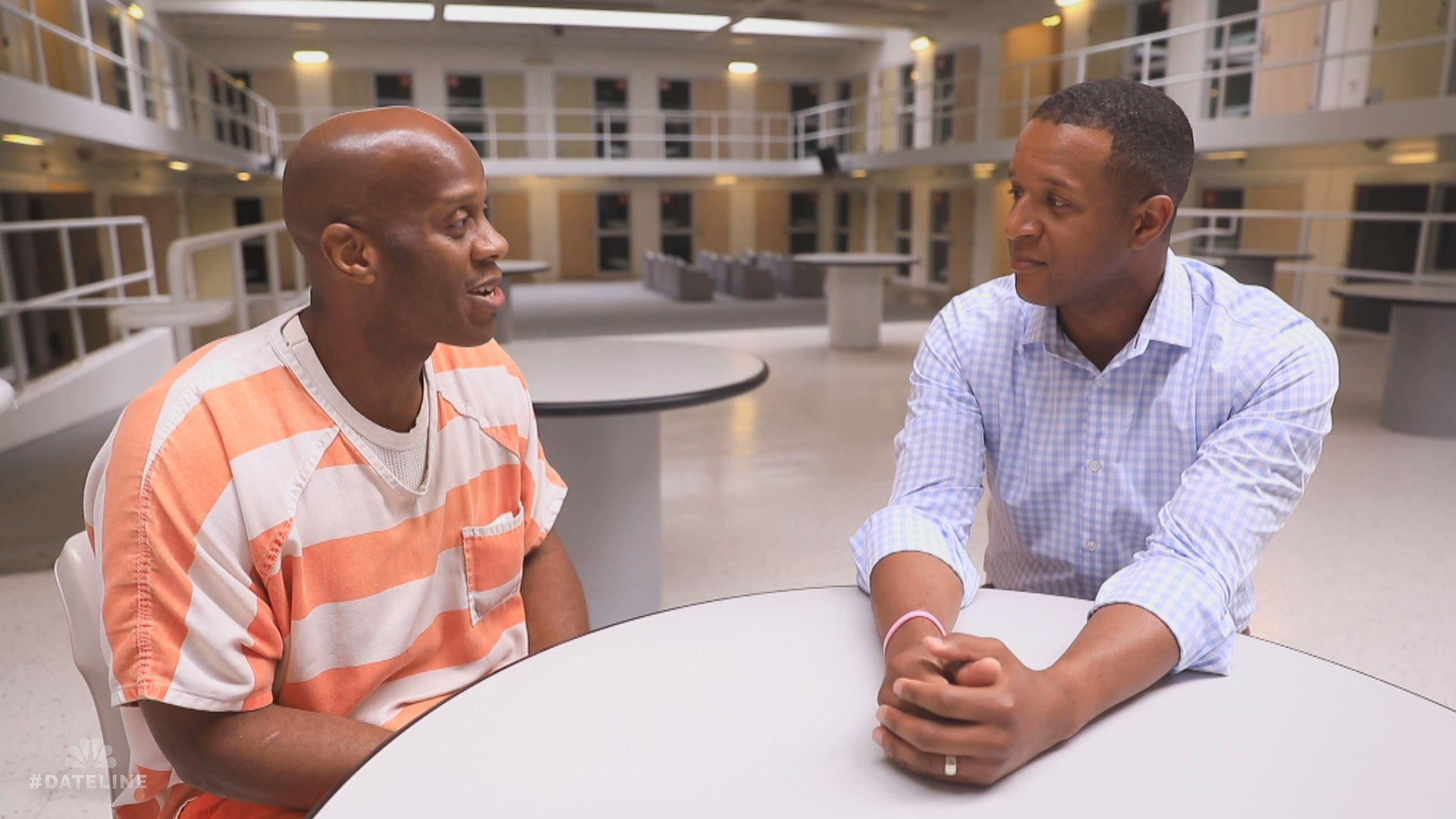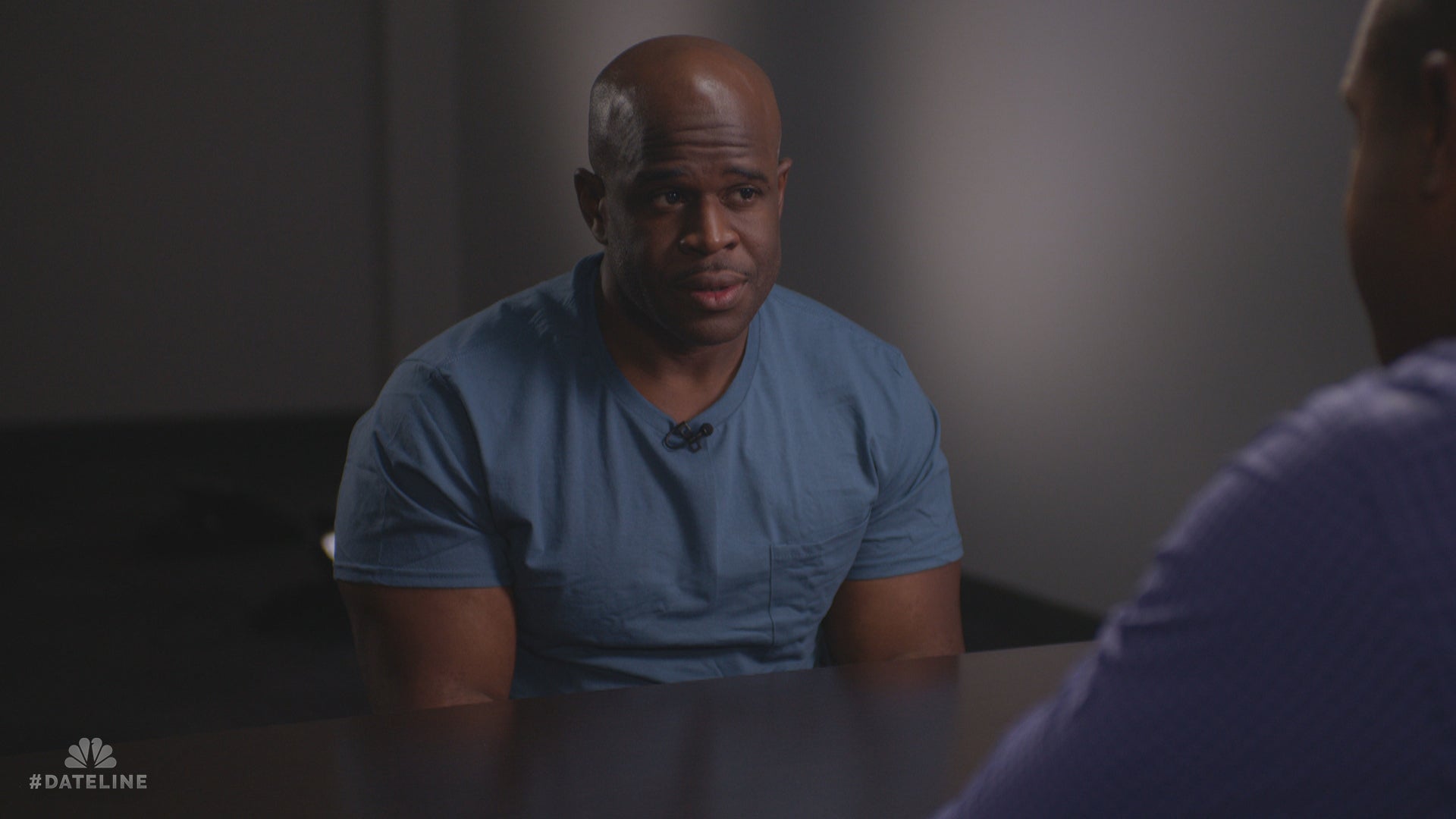
Tulsa, Oklahoma, home to one of the vilest acts of domestic terrorism this country has ever seen, continues to be a place where miscarriages of justice are too often taking place. On Friday, an NBC Dateline special takes a look at the story of Corey Atchison and Malcolm Scott, two Tulsa brothers wrongfully convicted of two separate murders, and who were both serving life sentences for crimes they say they did not commit.
The story of Atchison and Scott, part of NBC News’ Inequality In America series, comes at a time when racial tensions in the United States are reaching a boiling point. In addition to denouncing the kind of police brutality that took the life of George Floyd in Minneapolis, Breonna Taylor in Louisville and Rayshard Brooks in Atlanta, protesters, activists and abolitionists are saying enough is enough with African Americans not receiving a fair chance at an equitable future in this country.
Corey Atchison was 48-years-old when he walked out of a Tulsa courtroom in 2019 a free man. He had spent 28 years in prison for the shooting death of James Lane stemming from a 1990 robbery. His brother, Malcolm Scott, was released in 2017 from a Tulsa jail, 20 years into a life sentence for the shooting death of a 19-year-old Black woman named Karen Summers. Together these two men spent nearly half a century locked up, praying each day to be released from their American nightmare.
Though Scott and Atchison’s stories were prominently featured in The Washington Post, ABC News, and local papers, the Dateline special is the first time these North Tulsa natives are speaking out on national television. The episode titled The Long Road to Freedom is an emotional depiction of a story centered on two siblings with a pact to make sure the other is provided the opportunity to live life outside of the confines of a prison cell. But at its core, it is another example of how the criminal justice system is simply not equitable for all involved.
To date, the Equal Justice Initiative, which was founded by Bryan Stevenson in Montgomery, Alabama, reports that more than 2,5000 people have been exonerated since 1989. They credit most of the wrongful convictions to faulty forensics, inadequate lawyers, and unreliable eyewitnesses. But for Blacks, they say, the presumption of guilt, simply based on the color of our skin, plays a tremendous role in the trial process. Atchison and Scott, unfortunately, had all of these factors going against them.

The Dateline special takes a look at how their stories were even possible by speaking with the lawyers and investigators who worked on the brothers’ cases. Craig Melvin, the reporter for the special hour, also interviews former Tulsa District Attorney Tim Harris, who defends his prosecution of Atchison. His attitude, attorneys say, is what keeps hundreds of requests pouring into the Oklahoma Innocence Project each year from men and women who claim they are without blame.
“The system doesn’t want to acknowledge that they made a mistake,” an attorney with the Oklahoma Innocence Project says of the cases. And authorities’ denial of their failures to secure justice for these men, is relative to the foot America continues to place on African Americans’ necks.
In Tulsa, alone, attorneys working to free wrongfully convicted men and women, say there are more than a hundred cases that read much like Atchison and Scott’s. As long as cops arrest Black teens for such simple offenses as jaywalking, there’s likely to be many more.
Catch The Long Road To Freedom Dateline special tonight at 10pm ET/9pm CT on NBC.





